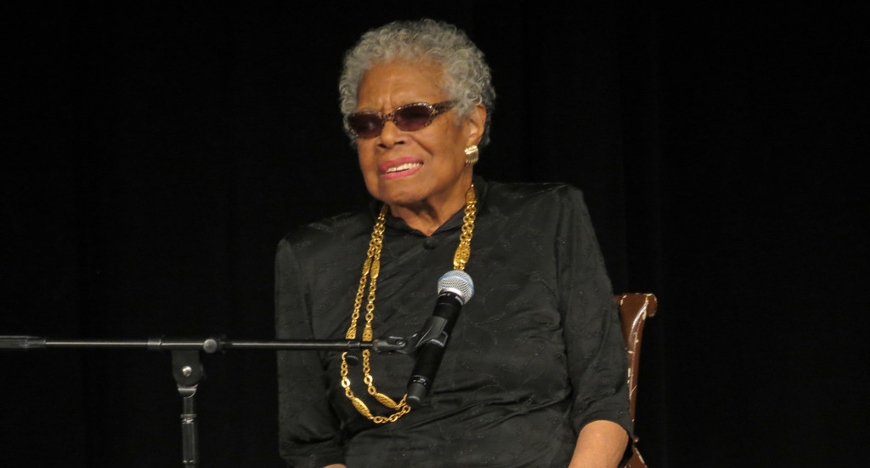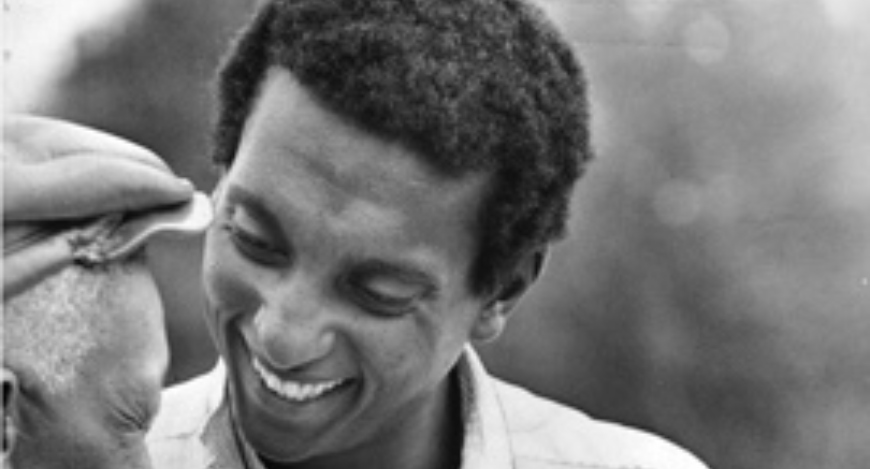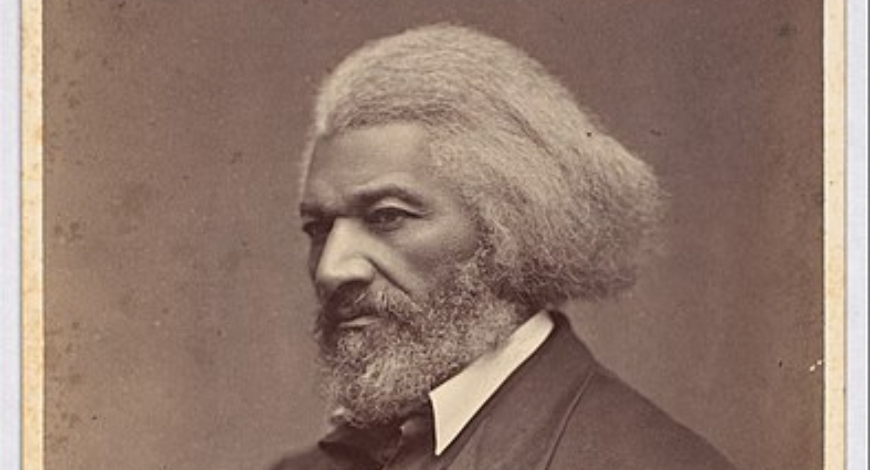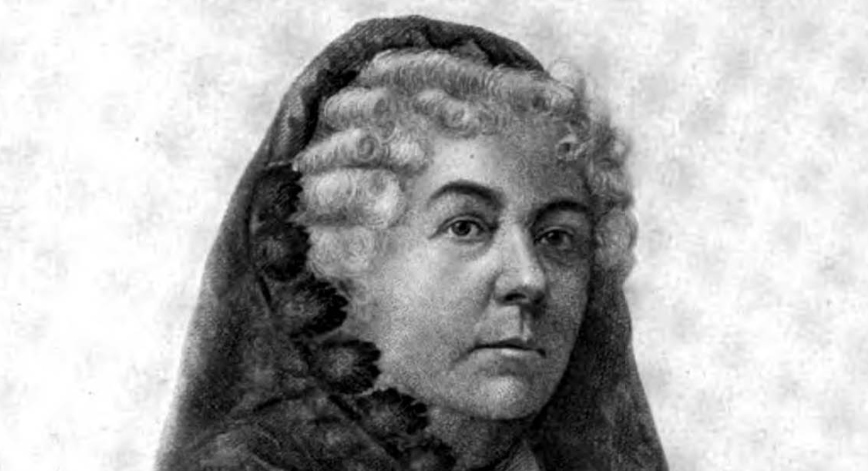We’re always telling children that it’s important not to complain about things and that it’s always better to be part of the solution, rather than the problem. If you don’t like your situation, then change it. We also tell children that it’s important to know when you can’t change things and to accept the world the way it is. In those situations it is our attitude that needs fixing. Knowing when to work towards change and knowing when to accept the status quo is a form of wisdom that can only be gained through experience.
Students confront problems everyday. Some are small like how to study for an exam or get a ride to school, and some large like how to support their friends who are in unhealthy relationships. All of these problems involve the choice of whether to intervene or do nothing and let the situation play itself out. Each choice is hard and leads to consequences.
Children are taught from a young age that when they want something they should wait their turn until they are granted permission. Waiting cultivates patience. It shows good manners. This attitude works in some settings but when it comes to gaining respect from others, the whole idea of waiting becomes burdensome and futile, especially when other people treat you poorly. Sometimes, children should be taught to advocate for themselves to get people’s attention about injustice. Figuring out when to do this in the right way is a life-long moral challenge.
The feeling of being afraid is something with which all students can identify. Fear paralyzes and diminishes one’s ability to think, learn and form positive human relationships. Fear is something to be avoided at all costs, and that the proper attitude is to be open and be willing to take risks without fear of failure. Yet, sometimes fear can lead people to make smart, safe decisions and provide security in the midst of an unstable situation.
Fear is a force that is so debilitating for kids and adults alike. Fear obstructs clear thinking and fuels anxiety in a way that makes it hard to work and be successful on anything. Often, uncertainty is behind our fears. When we don’t know what to do, we become afraid of what the future has in store for us. Yet sometimes knowing what to do actually inspires our fear. Successful management of our fears is a life-long challenge.
While it is true that education is valuable to all of us at any age, it is also true that our energies and resources are limited and must be used wisely if we want to change the world into something better. Some say that children should be the focus because their minds are more easily shaped and influenced; others suggest that adults– who are actually in positions of power and influence– should take a front-and-center importance to our efforts to change minds and improve the world.
Adults sing the praise of the importance of patience. The advice to kids usually goes something like this: if you are patient and work hard over time, you put yourself in a position to accomplish great things. Success never comes easy. Life is a grind and you should develop a growth mindset to persevere through it. Though sometimes a person’s life experiences seems to teach the opposite lesson; that sometimes going after what you want quickly and aggressively will lead to even greater accomplishments. Impatience can be a virtue as well.
While it is true that education is valuable to all of us at any age, it is also true that our energies and resources are limited and must be used wisely if we want to change the world into something better. Some say that children should be the focus because their minds are more easily shaped and influenced; others suggest that adults– who are actually in positions of power and influence– should take a front-and-center importance to our efforts to change minds and improve the world.
Setting life goals is an activity we are always encourages young people to do. The thinkings goes like this: if you set goals for your future, then you will become happier and successful because you know what you want. That being said, though, it’s very unclear just how we should plan out our lives, whether it is better to set small, attainable goals or shoot for long-term goals which are harder to see but inspire us to do the daily work necessary. Goal-setting is an extremely important skill in school, work and relationships.
Students think and talk about happiness all of the time. Some believe happiness is something we control and that if we just do the right things we will become happy. There are others who think of happiness as a byproduct of a good environment and not something we can control. The issue of whether we control our happiness is an important one because it determines whether or not a student develops a healthy capacity for self-motivation and goal-setting.
Critical thinking is hard work and students know it. To be a good critical thinker a student must examine life closely, ask lots of questions and be tolerant of uncertainty. Often, critical thinking leads to unpleasant truths about people and the world. For many, it’s so much easier to just accept the way the world is and not question it. Students must decide for themselves whether living an examined life is the right path towards fulfillment and happiness.
Honesty is a character trait to which most people aspire. With honesty comes trust and respect from others. Without it comes fear, suspicion and betrayal. Students face daily ethical choices over whether or not they should pursue the path of honesty or embrace deception.












